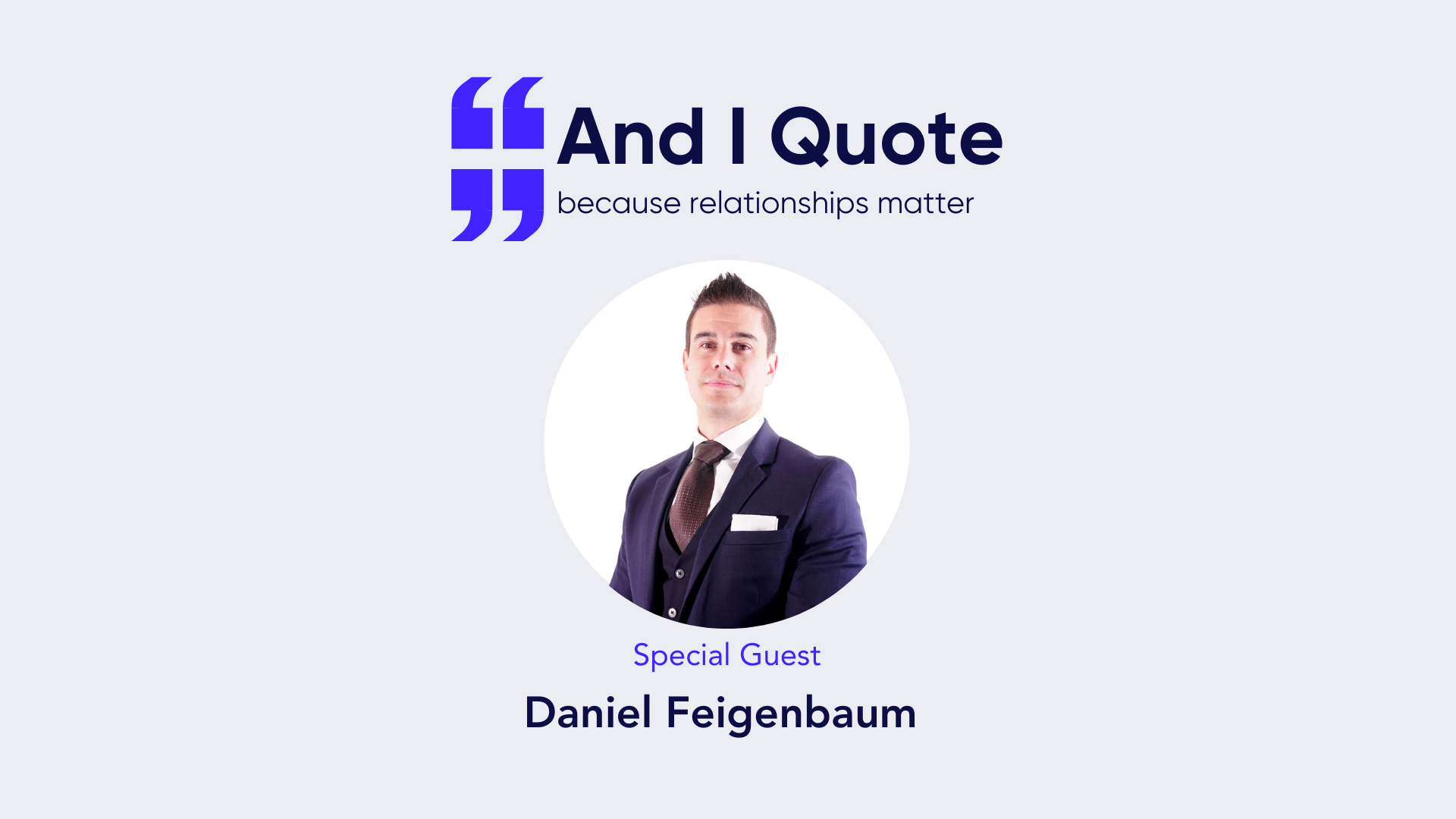You’re about to land a big contract and your potential client asks you to provide proof of at least $1,000,000 in General Liability insurance? Suddenly you find yourself in a situation where insurance went from something you hadn’t really thought about to something you need. How much do I need? Why do they care if I have it? What is General Liability Insurance anyway?
“First things first, what is it and what does it do?”
Insurance is all about financial protection. When you are working on a job there are a ton of things that can go wrong, and those things could end up costing someone money. Sometimes it’s a lot of money. The first and most basic answer to the question of “Why do I need insurance?” is to make sure that you and your business are protected from financial harm. Let’s say that you accidentally injure someone and they sue you for $1,000,000. Do you have the financial resources to cover that cost and maintain your business? Probably not.
You don’t have to be a millionaire to get sued like one.
General Liability insurance is mostly about financial protection from physical harm. So when you think General Liability think of a mistake that you could make that could cause real harm to a person or their stuff. If something you do causes bodily injury or property damage and they sue you for those damages, your General Liability coverage will protect you. It also can protect against claims of reputation harm. If you say or write something that slanders someone and injures their reputation and they sue you for damages your general liability coverage will pay for your legal defense and any awarded damages up to your limits.
“Well, that all makes sense, but why do the clients and companies I work with want me to have General Liability insurance?”
Quite simply, they ultimately want to protect themselves. When a company hires you they put themselves at risk. What if you don’t do your work well? What if you are careless? What if you are messy? This could end up costing them money and companies don’t like that risk. That is why often times they ask you to be insured. If a company contracts you to do work for them and you end up hurting someone or damaging someone’s property they want to be protected against any lawsuits that could be traced back to them.
At the end of the day, a business that is insured is more responsible. Do you want to work with a disorganized, fly-by-night, uninsured operation? Or would you rather work with someone that is meticulous, detailed and insured? The answer is obvious. People want to work with someone that they can trust. Having the right coverage demonstrates that you are responsible, trustworthy and protected.
“But I’m a freelancer who works in an office, how am I going to hurt someone while I’m sitting at my desk?
Well, accidents happen in every field and every job type. It is true that white-collar work isn’t very risky when it comes to bodily injury or property damage, and that is why premiums for that type of coverage are much lower. The premium you pay is directly linked to how risky the insurance company thinks your business and work is. So if you work in an office or do more white-collar/professional services work, your premiums are going to be a lot cheaper than someone who works with their hands or has a location that customers frequently visit.
“Okay, I think I get it, but how much coverage do I need?
Well, first things first, make sure you have at least enough coverage to satisfy the requirements of the contract. Most people you work with will have a minimum that they require so use that as a starting point. From there you need to ask yourself some questions.
“How big is my business?”
Larger businesses reach more clients and do more work so their exposure (the likelihood of something going wrong) is higher because they are simply doing more.so the larger your business the more coverage you need.
“Who are my customers?”
If your customers consist of the general public your exposure is much higher, dealing with the public is riskier because they can be so unpredictable. This unpredictability means you should probably consider more coverage and not less coverage. On the other hand, if your customers consist of companies or organizations, while they may not be as unpredictable as the public, their needs are often more complicated and large. This can mean more exposure, you may not experience as many claims but if and when you do, expect them to be big.
“How big is the project that I am working on?”
If the project you are working on is big and you will be working with or interacting with a lot of people. More coverage is your friend.
“How much is my business worth?”
You should always have more coverage than you are worth. If your business is worth $1,000,000 and you only have $300,000 in coverage you need to make a change. Always make sure your coverage exceeds the value of your business.
All roads point to more coverage, not less coverage.
That way if you are sued you won’t have to liquidate assets to settle the suit. Instead, you can rely on your insurance to pay out and settle the suit so you and your business don’t have to. Nobody is ever upset about having too much coverage, but there are plenty of people who wish they would have gotten more.
“Ok, I think I’m getting it but if I still have questions…what do I do?”
If you feel that this mini-guide hasn’t given you enough information about General Liability insurance, what it is and how much coverage you need, then I would strongly encourage you to connect with a licensed insurance agent to discuss your coverage needs. At the end of the day, the best way to make sure your business is insured correctly is to talk to an agent.




